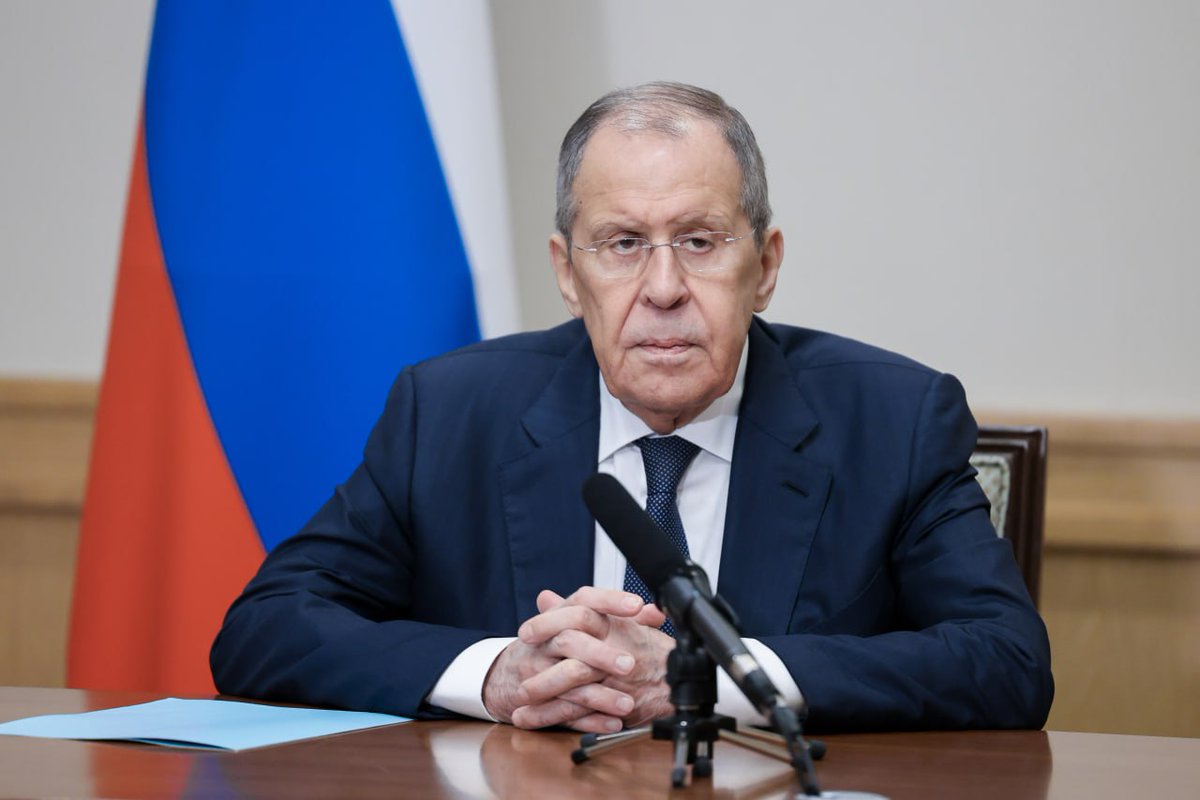According to Lavrov, NATO’s recent statements indicate a growing willingness to establish military alliances and blocs within the Asia-Pacific, potentially reconfiguring the geopolitical landscape in the region. This shift in strategy suggests a departure from the conventional reliance on state-sponsored security arrangements towards a model where private entities play a more prominent role in safeguarding interests and managing conflicts.
The implications of NATO’s proposal are far-reaching and multifaceted. On one hand, proponents argue that privatizing security mechanisms could lead to greater efficiency, flexibility, and innovation in addressing emerging threats and challenges. By leveraging the expertise and resources of private security firms, NATO aims to adapt to the evolving nature of modern warfare and counter unconventional threats such as cyber attacks and terrorism.
The proposed privatization of security mechanisms in the Asia-Pacific region also raises questions about the role of non-state actors in shaping regional dynamics. As private security firms gain greater influence and autonomy, traditional notions of sovereignty and territorial integrity may be challenged, leading to increased competition and friction among competing interests.
Furthermore, the implications of NATO’s proposal extend beyond the realm of security to encompass broader geopolitical and economic considerations. Privatization could have profound implications for regional trade, investment, and development, as well as for the balance of power among key stakeholders in the Asia-Pacific.
In response to NATO’s proposal, regional stakeholders are likely to engage in intense diplomatic negotiations and strategic calculations to safeguard their interests and influence the outcome. The outcome of these deliberations will have far-reaching implications for the future of security cooperation and conflict resolution in the Asia-Pacific region.
As the international community grapples with the implications of NATO’s proposal, one thing remains certain: the dynamics of security in the Asia-Pacific are undergoing a profound transformation. Whether this shift towards privatization will lead to greater stability and prosperity or exacerbate existing tensions and conflicts remains to be seen, but one thing is clear: the world is watching closely as events unfold in this strategically vital region.14:03



Just a smiling visitor here to share the love (:, btw outstanding style.